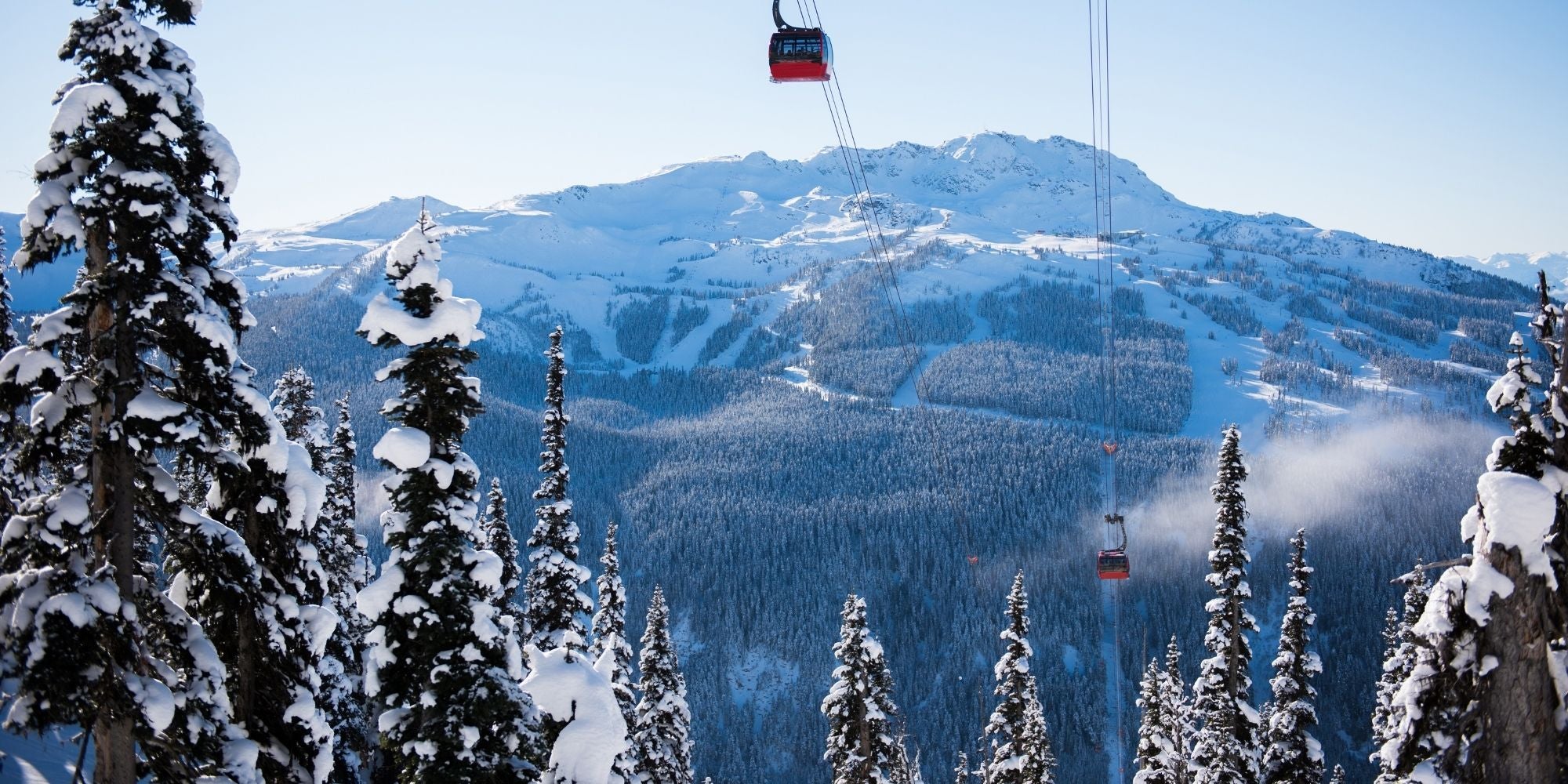
If you’re heading to Winter Park to ski or snowboard, you should be aware of the risks involved with altitude sickness before you travel. Here are the three best tips you can use to help avoid Winter Park altitude sickness.
Winter Park is one of the highest towns in Colorado, just under Leadville, with an elevation of 9,052 feet feet above sea level.
Furthermore, Winter Park Resort's summit sits at 12,060 feet high. This can be particularly troublesome for visitors to Colorado who go from sea level to Winter Park.
Winter Park is nearby many other high altitude destinations — which include Fraser, Grand Lake, Hot Sulphur Springs, Berthoud Falls, Kremmling, and Georgetown.
High altitudes destinations near Winter Park:
With these high elevations of Winter Park, you'll want to be well prepared for altitude sickness.
Many people visit Winter Park for the skiing, snowboarding and other outdoor sports and activities. While the Rocky Mountains are beautiful, they can also be dangerous for those who do not take precautions.
This means that there are many people who get sick when they visit Winter Park. Altitude sickness, or acute mountain sickness, can affect anyone who travels to a higher altitude too quickly. It's caused by having less oxygen than your body is used to, also called hypoxia.
The most common symptoms of altitude sickness include:
Being prepared for Winter Park altitude sickness is essential to making your trip enjoyable.
A little bit of precaution and education can help you prevent altitude sickness in Winter Park so that your vacation doesn't go downhill before it even begins! If you want to know how to avoid altitude sickness, read below our top researched solutions so you can be best prepared.
Here are the three best tips to avoiding Winter Park altitude sickness:

Zaca chewables are a natural herbal dietary supplement containing a unique blend of herbs amino acids including Glutamine and Glutamine. These fast-acting chewables are optimize to help your body rehydrate, replenish, and recover faster during high altitude journeys. With a delicious berry flavor and natural ingredients, it's a healthy aid for those vacationing or training at altitude. Try Zaca chewable tablets today and be better prepared for your next trip!
SOURCES:
1. Effect of high altitude (7,620 m) exposure on glutathione
https://pubmed.ncbi.nlm.nih.gov/11320641/
2. High Altitude and Free Radicals
https://www.jssm.org/hf.php?id=jssm-03-64.xml
3. The Possible Importance of Glutamine Supplementation to Mood and Cognition in Hypoxia from High Altitude
https://www.ncbi.nlm.nih.gov/pmc/articles/PMC7760805/
4. Winter Park Colorado Elevation
https://en.wikipedia.org/wiki/Winter_Park,_Colorado
5. Fraser Colorado Elevation
https://en.wikipedia.org/wiki/Fraser,_Colorado
6. Grand Lake Colorado Elevation
https://en.wikipedia.org/wiki/Grand_Lake,_Colorado
7. Hot Sulphur Springs Colorado Elevation
https://en.wikipedia.org/wiki/Hot_Sulphur_Springs,_Colorado
8. Berthoud Falls Colorado Elevation
https://en.wikipedia.org/wiki/Berthoud_Falls,_Colorado
9. Kremmling Colorado Elevation
https://en.wikipedia.org/wiki/Kremmling,_Colorado
10. Georgetown Colorado Elevation
https://en.wikipedia.org/wiki/Georgetown,_Colorado
11. Winter Park Resort Elevation
https://en.wikipedia.org/wiki/Winter_Park_Resort
Copy the coupon code & use it at checkout